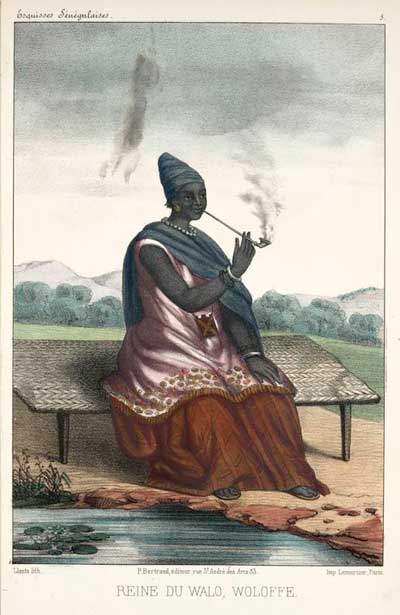A time of change
|
It is quite clear that most African societies fought fiercely and bravely to retain control over their countries and societies against European imperialist designs and military invasions. But the African societies eventually lost out. This was partly for political and technological reasons. The nineteenth century was a period of profound and even revolutionary changes in the political geography of Africa, characterized by the demise of old African kingdoms and empires and their reconfiguration into different political entities. Some of the old societies were reconstructed and new African societies were founded on different ideological and social premises. Consequently, African societies were in a state of flux, and many were organizationally weak and politically unstable. They were therefore unable to put up effective resistance against the European invaders.
The technological factor was expressed in the radical disparity between the technologies of warfare deployed by the contending European and African forces. African forces in general fought with bows, arrows, spears, swords, old rifles, and cavalries; the European forces, beneficiaries of the technical fruits of the Industrial Revolution, fought with more deadly firearms, machines guns, new rifles, and artillery guns. Thus in direct encounters European forces often won the day. But as the length of some resistance struggles amply demonstrates, Africans put up the best resistance with the resources they had.
By 1900 much of Africa had been colonized by seven European powers—Britain, France, Germany, Belgium, Spain, Portugal, and Italy. After the conquest of African decentralized and centralized states, the European powers set about establishing colonial state systems. |
The colonial state was the machinery of administrative domination established to facilitate effective control and exploitation of the colonized societies. Partly as a result of their origins in military conquest and partly because of the racist ideology of the imperialist enterprise, the colonial states were authoritarian, bureaucratic systems. Because they were imposed and maintained by force, without the consent of the governed, the colonial states never had the effective legitimacy of normal governments. Second, they were bureaucratic because they were administered by military officers and civil servants who were appointees of the colonial power. While they were all authoritarian, bureaucratic state systems, their forms of administration varied, partly due to the different national administrative traditions and specific imperialist ideologies of the colonizers and partly because of the political conditions in the various territories that they conquered.
